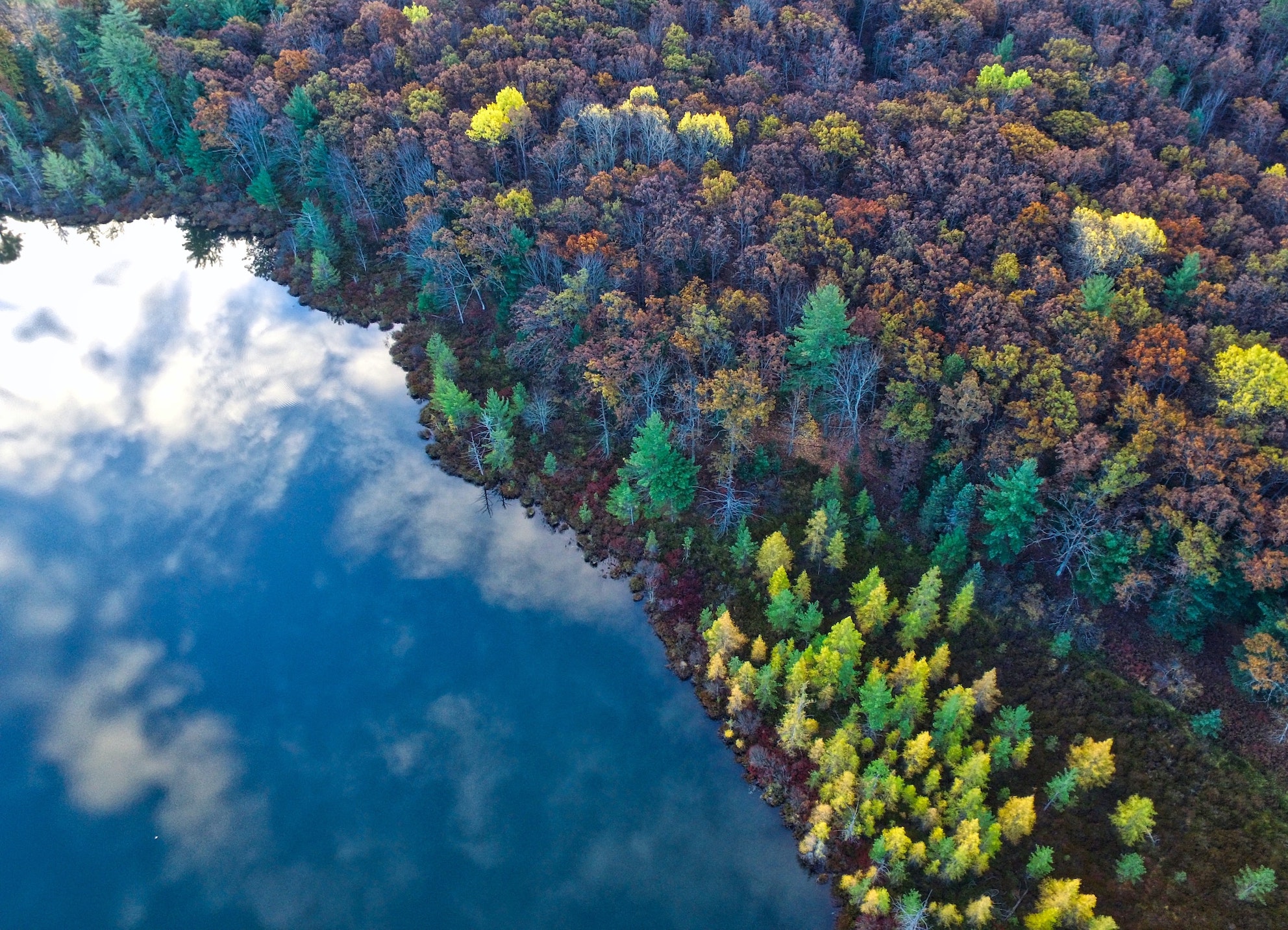06 May 2022 – by Earth Refuge Correspondent Skand Agarwal
In this interview, correspondent Skand Agarwal talks to Ruth Dzokoto about the impacts of climate change in Ghana. Drawing on her very personal experiences with climate change-induced natural disasters and even climate migration, Ruth shares her story as a climate educator. Along the way, Ruth also addresses the fact that climate migration is a highly gendered issue, which can even lead to child marriage and child pregnancy.
Together, they explore the challenges that climate educators face even in areas that are severely impacted by climate change themselves. Based on this conversation, Ruth outlines demands for the international community to support her incredible work.
“Currently, as I am talking to you, my mom, my dad and my siblings are no more where they used to be. They had to migrate to different locations because the sea had taken over their home. It is making them migrate to different settlements where they don’t even know anything about the place. Some young ladies and girls have to end up settling at places where they are going to be with men just because they need a roof over their head. This, I think, is the major cause of teenage pregnancy or unwanted pregnancy in the community.”




The story of Ruth Dzokoto is the one I can personally relate to. Most parts of the Southern Volta region of Ghana where I come from is currently in a distance miles of the sea, the little remaining parts of the towns located along the sea are constantly under constant tidal wave distraction. It is a heartbreaking situation and growing up as a young lad at such a location, I fear the sea could take over the whole place very soon and there won’t be a history to fall on. Many times I ask, when will leaders lead to solve the situation 🤦♂️
It is just sad that climate change with its many effects could have greater impacts as far as causing gender related issues among communities in Africa. Attitudinal change among individuals will go a long way in curbing some of the many effects of climate change such as displacement of families, peculiar deaths of aquatic lives etc. Organizations and governments could also support the youth who have better and effective ideas or plans or those that are simply eager to curb the menace of climate change.